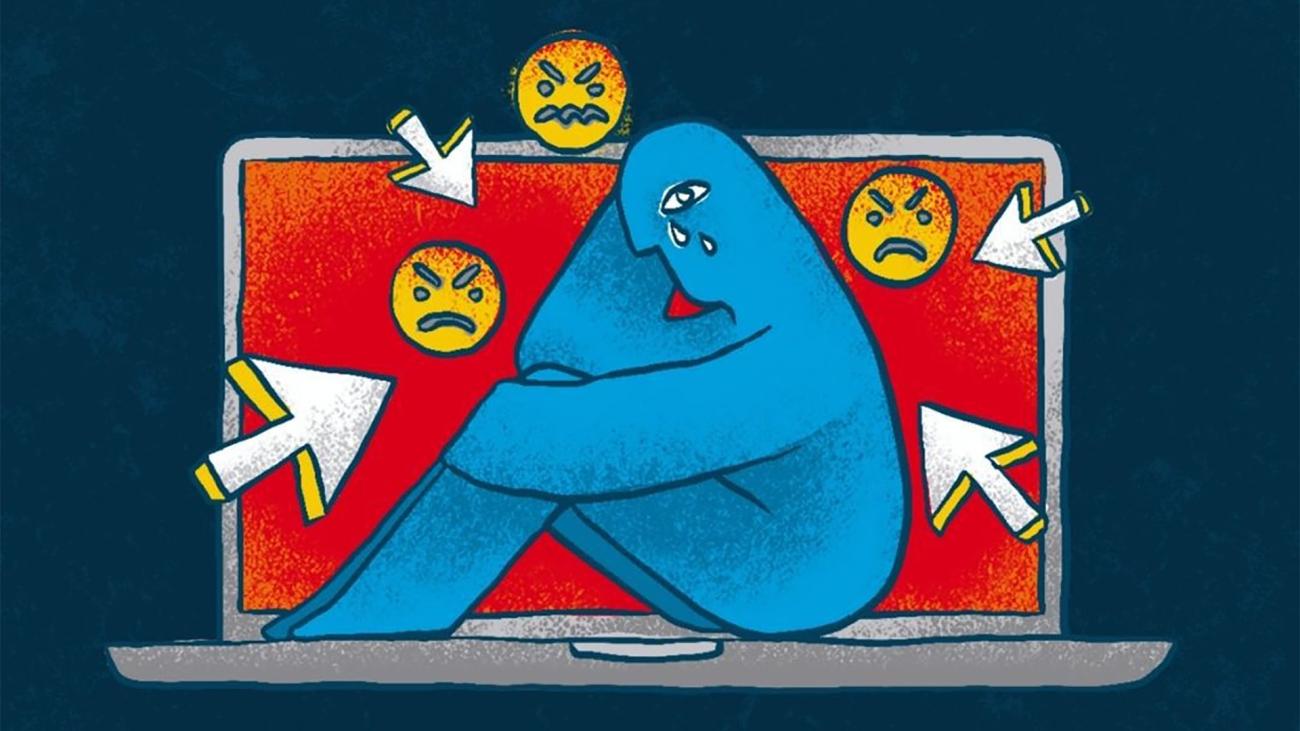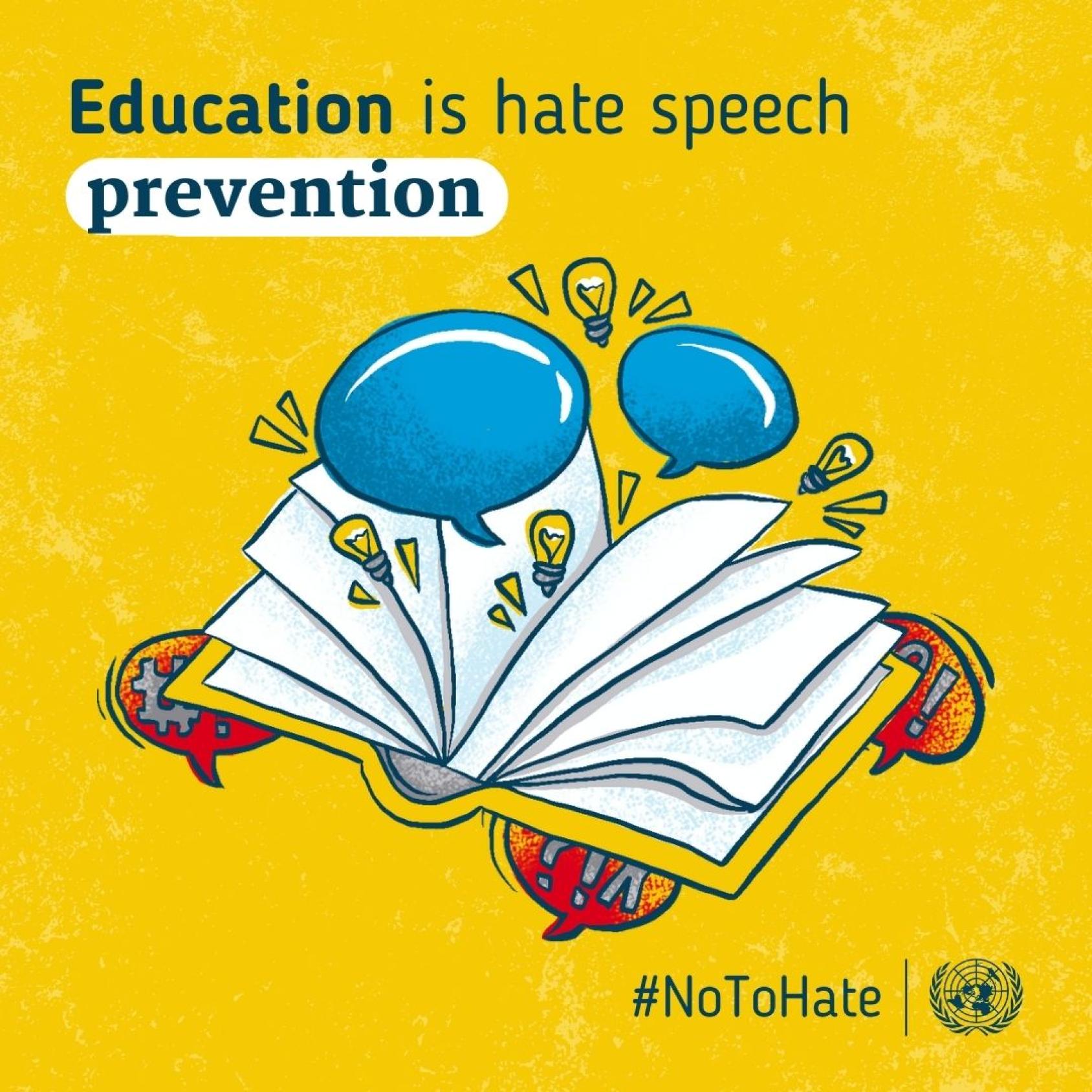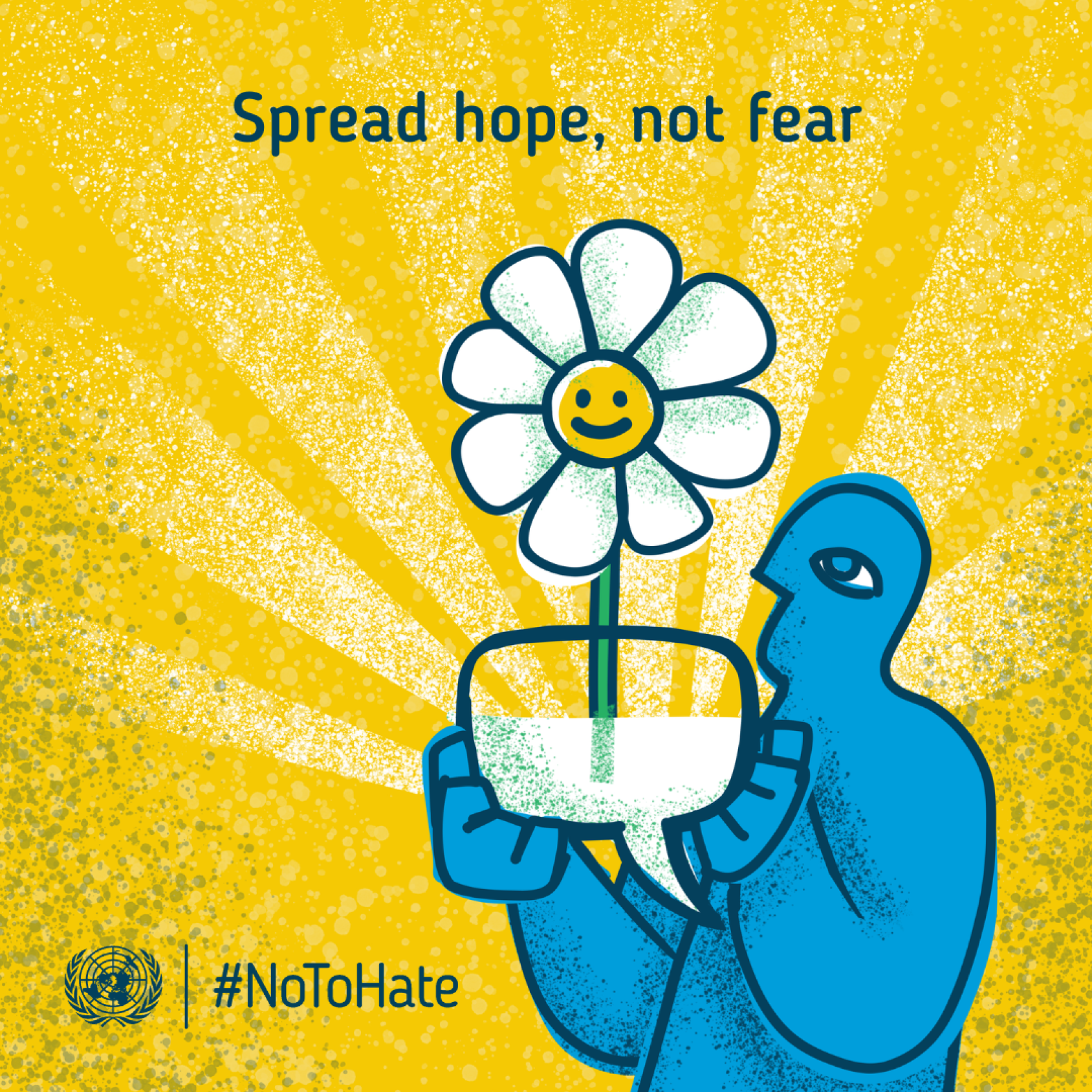Combating Hate Speech: Lessons from Asia

The pervasive issue of hate speech, particularly its online manifestation, poses a significant threat to peace, stability, and human rights across regions. The United Nations' efforts to combat hate speech in South and Southeast Asia have yielded valuable insights that can inform future initiatives in the region and beyond.
The United Nations Development Coordination Office (DCO) regional team in Bangkok spearheaded a collaborative initiative to combat hate speech in a comprehensive and coordinated manner. The regional team in Bangkok facilitated a two-year “5-country community of practice” involving over 75 UN personnel from various UN entities working in and on Bangladesh, Sri Lanka, Maldives, Thailand, and Myanmar, and with technical support from entities such as the Office of the Special Adviser on the Prevention of Genocide (OSAPG), Office of the High Commissioner for Human Rights (OHCHR), United Nations Development Programme (UNDP), UN Women, United Nations Educational, Scientific and Cultural Organization (UNESCO), Department of Political and Peacebuilding Affairs (DPPA) and UN Peace and Development Advisors (Joint UNDP-DPPA Programme on Building National Capacities for Conflict Prevention).
The experiences of UN agencies and their partners in these countries highlight key strategies and lessons learned in addressing this complex challenge. These lessons include:
1. Understanding context
Effective interventions against hate speech must be grounded in a deep understanding of the local context. This includes understanding the root causes of hate speech, the specific groups targeted, and the platforms and channels through which it is disseminated.
The UN has invested in research and analysis to gain this contextual understanding, which has informed the design and implementation of UN agency programmes. In Thailand, the Resident Coordinator's Office (RCO) efforts with big data analysis helps them understand public sentiment and social discourse, while in the Maldives, UNDP has developed a lexicon specifically focused on identifying and categorizing instances of hate speech, demonstrating the importance of adapting monitoring and analysis tools to the local linguistic and cultural context. The insights from this research have informed the development of dialogue and communication programmes by UN agencies, aimed at promoting social cohesion and countering hate speech narratives.
2. Building resilience
The UN's approach to countering hate speech combines targeted actions against specific instances of hate speech with broader initiatives aimed at building resilience against it. This includes promoting digital literacy, fostering values of tolerance and empathy, and strengthening social cohesion.
In Bangladesh, UNDP has trained youth, social media influencers, and civil society organizations on digital literacy and facilitated a digital peace movement that encourages young people to generate positive narrative campaigns. These initiatives aim to enhance social resilience against hate speech and promote a culture of peace and tolerance online.
Beyond digital literacy, the UN's experience in the region has shown that education plays a crucial role in countering hate speech. The UN has integrated hate speech education into formal and informal settings and promoted digital literacy to empower individuals to identify and challenge harmful narratives.
In Bangladesh, UNESCO has been working to integrate Global Citizenship Education (GCED) into education policies and curricula. GCED aims to empower learners with positive values such as tolerance, inclusion, and empathy, which are essential for countering hate speech.

3. Prioritizing partnerships
Combating hate speech demands a collaborative effort, harnessing the unique capabilities of different groups and individuals working together. UN Country Teams (UNCT) have actively fostered partnerships with governments, civil society organizations, technology companies, and other actors. These collaborations have enabled the UN to access critical data, develop targeted interventions, and amplify the reach of positive narratives.
Resident Coordinators and their Offices, play a crucial role in facilitating these partnerships, bringing together diverse stakeholders to work towards monitoring and combating hate speech. For example, in Sri Lanka, the RCO and UNDP partnered with Hashtag Generation, a youth-led civil society organization, to systematically monitor hate speech on various social media platforms. This partnership has enabled the UN to gain valuable insights into the dynamics of hate speech in Sri Lanka.
Another example of partnership lies in Thailand, where the RCO collaborates with WiseSight, a local company specializing in big data analysis. This partnership enables the UN to harness the power of data analytics to understand public narratives and track the spread of hate speech, contributing to more informed and effective UN programmes.
These partnerships sometimes also involve the platforms themselves, in Myanmar, the RCO collaborated with Meta, to utilize CrowdTangle for hate speech monitoring during the 2020 elections. While partnerships with technology companies, social media platforms and the private sector are key to enhancing the effectiveness of UN programming, they must also be carefully calibrated to human rights principles and incorporate robust due diligence and risk management.
4. Fostering regional cooperation
The DCO regional team in Bangkok is working on cross-border knowledge sharing and collaboration to address transnational challenges like hate speech, particularly in the context of regional crises. The community of practice brought together UN personnel from headquarters and five countries in South and Southeast Asia fostering a platform for shared learning and collaborative problem-solving on the issue of online hate speech.
The community of practice served as a space where countries could share their experiences, challenges, and best practices in combating hate speech, thereby contributing to a more coordinated and effective regional response.

The experience of UNCTs in combating hate speech in Asia underscores the importance of contextual understanding, targeted interventions, building resilience, partnerships, and regional cooperation. These lessons can inform future efforts to address this complex challenge and promote a more inclusive and peaceful online environment globally.
This blog was written by the Regional Peace and Development Advisor deployed by the Joint UNDP-DPPA Programme on Building National Capacities for Conflict Prevention and based at the DCO regional team in Bangkok, Dilrukshi Fonseka. To learn more about the work of the UN in the region visit bangladesh.un.org, maldives.un.org, myanmar.un.org, srilanka.un.org and thailand.un.org .













